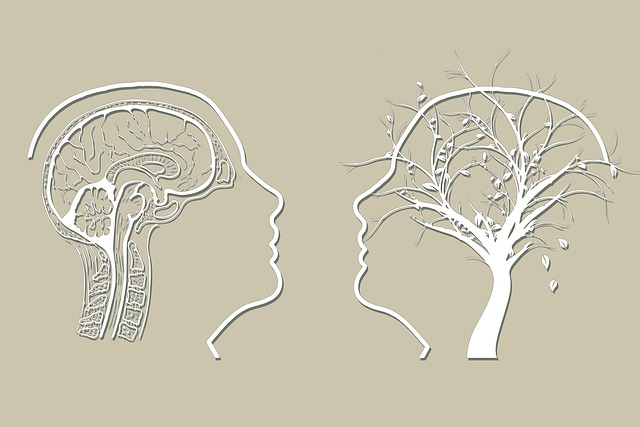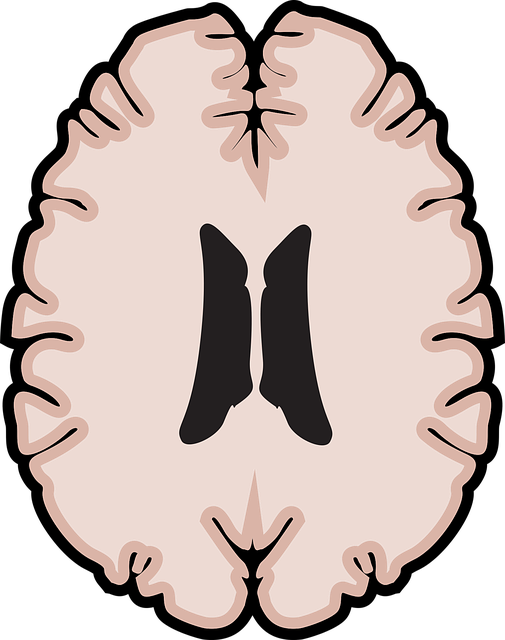Louisville, facing complex mental health challenges due to urban pressures like economic disparities and high-stress jobs, has initiated innovative therapy programs through Louisville Trauma Therapy. These initiatives integrate community support, creative communication, emotional healing, and self-esteem improvement. Advocacy plays a crucial role in Louisville Trauma Therapy by amplifying lived experiences, challenging stigma, and driving policy changes for better mental healthcare access. The holistic approach includes evidence-based practices and traditional therapy to enhance mental fortitude and resilience. Education initiatives like Mental Wellness Coaching Programs break down stigma and promote understanding from a young age. Through these efforts, Louisville is transforming its mental health narrative, empowering residents to prioritize well-being for a healthier future.
Mental health advocacy initiatives play a crucial role in transforming communities, and Louisville serves as a compelling example. This article explores the multifaceted approach to mental healthcare in a city grappling with its unique challenges. From understanding the local landscape to innovative treatments like Louisville Trauma Therapy, we delve into strategies that foster resilience. Through education, policy changes, and success stories, it’s evident that advocacy is revolutionizing mental health support, offering hope and healing to those in need.
- Understanding Louisville's Mental Health Landscape: A Community's Struggle and Resilience
- The Role of Advocacy in Shaping Mental Healthcare Policies
- Louisville Trauma Therapy: A Holistic Approach to Healing
- Building Awareness: Education as a Powerful Tool for Mental Health Advocacy
- Success Stories and Future Directions: Measuring the Impact of Advocacy Initiatives
Understanding Louisville's Mental Health Landscape: A Community's Struggle and Resilience

Louisville, a vibrant community with a rich history, has been navigating the complex landscape of mental health challenges. The city’s story is a testament to both the struggles faced by its residents and the remarkable resilience displayed in the face of adversity. Over the years, Louisville has grappled with issues like trauma, anxiety, and depression, often exacerbated by the pressures of daily life in an urban setting. Many factors contribute to these mental health concerns, including economic disparities, high-stress work environments, and a lack of accessible support systems.
However, the community’s response has been nothing short of inspiring. Local initiatives focus on integrating Louisville trauma therapy services into the fabric of the city. These efforts involve innovative communication strategies aimed at breaking down barriers to care and fostering open conversations about mental health. By promoting emotional healing processes and self-esteem improvement, these programs empower residents to take charge of their well-being. Through collective action, Louisville is transforming its mental health narrative, ensuring a brighter and healthier future for its citizens.
The Role of Advocacy in Shaping Mental Healthcare Policies

Advocacy plays a pivotal role in shaping mental healthcare policies and bringing about much-needed change. By amplifying the voices of individuals with lived experiences, advocates drive public awareness campaigns that challenge stigma and promote understanding. These efforts are crucial for developing effective strategies that address the unique needs of diverse communities, including those in Louisville Trauma Therapy. Through advocacy, initiatives can be tailored to improve access to quality care, ensure cultural competency among healthcare providers, and foster environments that support mental wellness.
Moreover, advocacy contributes to policy decisions that influence resource allocation, program development, and legislative changes. By engaging policymakers and decision-makers, advocates drive the creation of Self-Care Routine Development for Better Mental Health and Healthcare Provider Cultural Competency Training programs. These efforts collectively work towards a more inclusive and responsive mental healthcare system, where services are tailored to meet the specific challenges faced by various demographics.
Louisville Trauma Therapy: A Holistic Approach to Healing

Louisville Trauma Therapy takes a holistic approach to healing, recognizing that mental health is intricately linked to overall well-being. This initiative focuses on addressing root causes of trauma rather than merely treating symptoms, providing individuals with the tools needed for long-term coping. By integrating evidence-based practices alongside traditional therapy, they empower clients to develop crucial coping skills and emotional regulation techniques, fostering resilience against future stressors and burnout prevention. The program’s comprehensive nature ensures that participants emerge with enhanced mental fortitude, equipped to navigate life’s challenges with newfound clarity and purpose.
Building Awareness: Education as a Powerful Tool for Mental Health Advocacy

Mental health advocacy initiatives are pivotal in fostering a society that prioritizes well-being. One of the most effective strategies is education, which serves as a powerful tool to dispel stigma and promote understanding. By integrating mental health literacy into academic curricula, communities like Louisville can ensure that individuals develop inner strength and resilience from a young age. This proactive approach enables people to recognize the signs of distress in themselves and others, encouraging early intervention and access to appropriate Louisville trauma therapy services.
Education extends beyond schools; community workshops, public talks, and media campaigns also play a crucial role in Mental Health Policy Analysis and Advocacy. These efforts contribute to a comprehensive mental health advocacy strategy, where inner strength development and resilience building become societal priorities. Through education, communities can create an environment that supports open conversations about mental health, reducing the barriers individuals face when seeking help.
Success Stories and Future Directions: Measuring the Impact of Advocacy Initiatives

Louisville Trauma Therapy has seen remarkable success stories through its advocacy initiatives, demonstrating the power of community support in transforming lives affected by trauma. These initiatives have not only provided much-needed resources but also raised awareness about mental health and emotional well-being. By implementing Mental Wellness Coaching Programs that incorporate Mind Over Matter Principles, individuals have gained valuable tools for managing stress, anxiety, and trauma-related symptoms. The approach focuses on fostering resilience, promoting self-care, and enhancing coping mechanisms, leading to improved emotional regulation.
Looking ahead, measuring the impact of these advocacy efforts is crucial. By adopting robust evaluation methods, we can assess changes in mental health outcomes, participant satisfaction, and community engagement. Such data will guide future directions, ensuring that Louisville Trauma Therapy continues to develop evidence-based programs tailored to the unique needs of its clients. This includes refining coaching strategies, expanding access to resources, and fostering partnerships with local support networks to create a more inclusive and supportive environment for mental wellness.
Mental health advocacy initiatives, such as those highlighted in this article, including Louisville Trauma Therapy’s holistic approach, play a pivotal role in shaping supportive communities and policies. By combining education, awareness, and successful programs, we can foster resilience and improve access to care. The impact of these efforts is evident through inspiring success stories, and continued advocacy will be crucial in ensuring everyone has the opportunity to thrive and heal.














